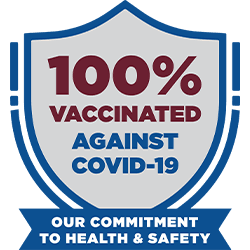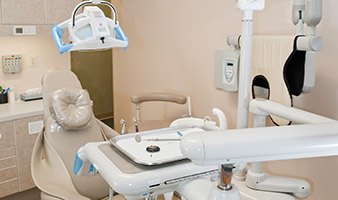How Do I Get Emergency Dental Care?
If you have a loose dental crown, a persistent toothache, or notice unusual signs like a pimple-like bump on your gums, it's incredibly important to contact our emergency dentist right away. When you call, we'll schedule an exam and offer guidance on how to manage the situation until you reach our office.
However, if you've suffered a severe injury like a fractured jaw or have difficulty breathing, head straight to the nearest emergency room for urgent medical attention.
How Much Does a Dental Checkup and Cleaning Cost in Meriden?
The exact cost of a dental checkup and cleaning can vary depending on several factors, including the specific services provided and whether you have dental insurance. Typically, a routine dental checkup and cleaning in Meriden can range from $100 to $300 without insurance.
Of course, this is just an estimate, and it's best to contact our dental office directly to inquire about pricing and whether we accept your insurance plan (if applicable). We’ll provide you with more accurate information tailored to your individual needs.
What Do You Do If You Can’t Afford a Dentist?
Not sure if you can afford dental care? It’s worth noting that preventive dentistry helps keep costs low by preventing serious oral health issues. Waiting to address problems can lead to higher expenses.
At our practice, we offer financial solutions to make preventive, restorative, and emergency dental care more affordable. Whether it's for your next checkup or smile-rebuilding dentures, don't hesitate to reach out to us. We're here to help ensure you receive the care you need without financial strain.
What Level of Education Is Required to be a Dentist?
To become a dentist, individuals must undergo extensive education and training. They typically start by earning a bachelor's degree, often in a field heavy in math and science. After that, they must attend one of the 67 accredited dental schools in the U.S. Once enrolled, their dental training officially begins.
Over the next three years, they undergo rigorous in-classroom and hands-on training to earn either a Doctor of Dental Medicine (DMD) or a Doctor of Dental Sciences (DDS) degree. Despite completing about seven years of schooling, their education continues, as they are required to complete continuing education hours annually to maintain their license.











